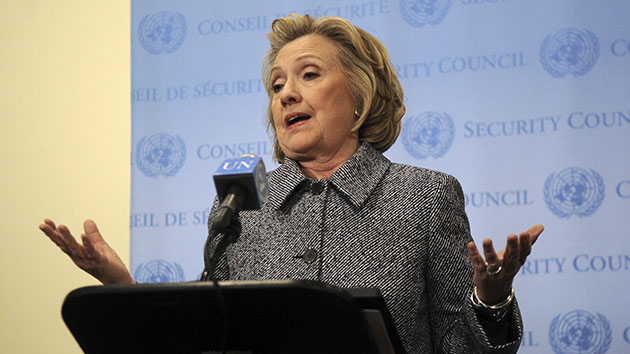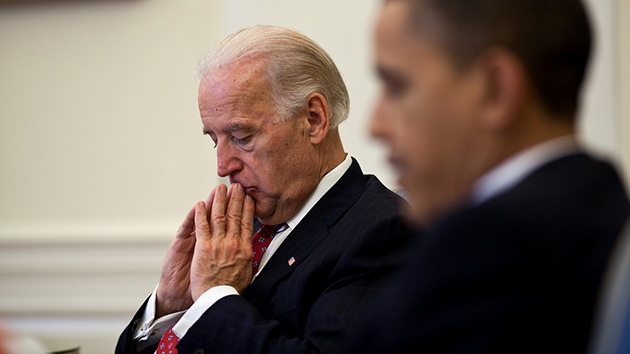
Dennis Van Tine/Geisler-Fotopres/DPA/ZUMA
Hillary Clinton’s repeated insistence that she didn’t send or receive classified emails through her infamous personal email server seemed to take a hit Friday morning, when Reuters reported that many of her State Department emails should have been deemed automatically classified from the start. But the reality of the rules, like so many of the details in the growing email scandal, isn’t entirely clear cut.
The State Department began releasing tracts of Clinton’s emails this summer, some of which have been retroactively stamped as classified—though the messages originally lacked such markings, as Clinton has consistently said in her defense. Reuters perused the thousands of emails released to the public so far and discovered at least 30 message chains that had been redacted due to their inclusion of “foreign government information.” It’s all a bit technical, but essentially, Reuters wrote, information privately passed along by foreign governments to US officials should immediately be considered classified, a policy put in place to facilitate regular communications between countries. Reuters said that such information is the only type that US officials must considered “presumed” classified from the start.
“It appears this information should have been classified at the time and not handled on a private unsecured email network, according to government regulations,” Reuters concluded.
But one security expert doesn’t think it’s quite that simple. “Strictly speaking, the executive order on classification is permissive, not mandatory,” Steven Aftergood, who writes Secrecy News for the Federation of American Scientists, told Mother Jones. “In other words, it authorizes classification; it doesn’t require it.” Aftergood pointed to Executive Order 13526, signed by President Obama in December 2009, which says “information may be originally classified,” but does not explicitly mandate it.
Government policy encourages these sorts of communications to be classified in most instances. “It is obviously good practice to respect the confidentiality of communications from foreign partners if one hopes to maintain a productive relationship,” Aftergood says. But it’s not always mandatory, making it hard to judge from the outside whether Clinton mishandled the information in specific instances—especially since the context and content of these communications are removed when they’re redacted to the public.













